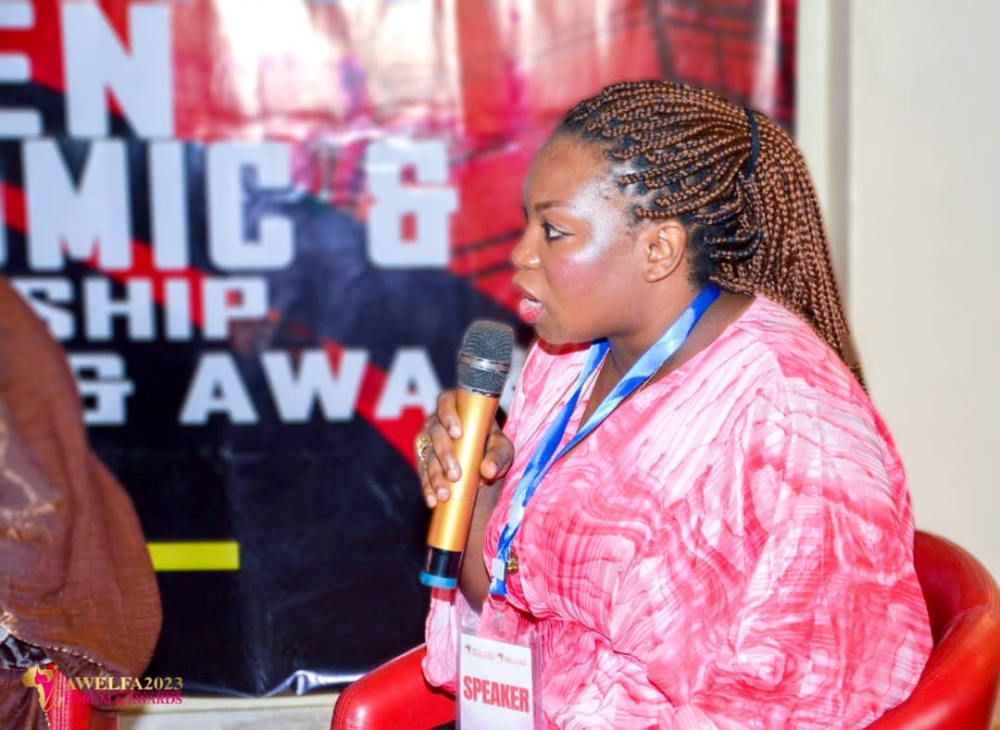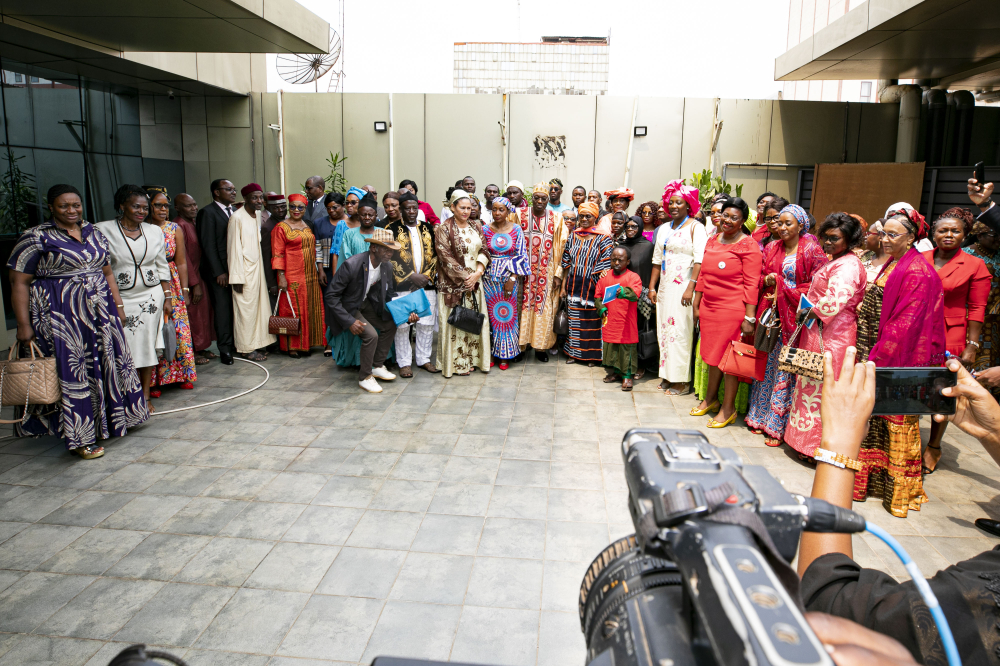World Refugee Day:Education Of Women Refugees On Spotlight
- by Francis AJUMANE
- 24 Jun 2021 17:16
- 0 likes

A five-hour round table discussion was organised last Tuesday, June 22 as part of activities to mark the World Refugees Day with focus on building resilience through the Second Chance Education Project
A five-hour round table discussion was organised last Tuesday, June 22 as part of activities to mark the World Refugees Day with focus on building resilience through the Second Chance Education Project
“They attacked our house that night and killed my husband and I succeeded to escape with my children,” Alima(not her real name), a refugee from the Central African Republic narrates her ordeal.
After succeeding to meander her way into Cameroon, through the East Region, she does all sorts of odd jobs and sleeps in abandoned houses to survive.
She is among the about 447, 000 refugees hosted by Cameroon mostly from the Central African Republic and Nigerian. Like Alima, they all have their individual stories to tell.
But this Tuesday, June 22 Alima and a host of refugees are at the conference hall of UN Women in Yaounde to testify and share their stories with stakeholders, various groups and the media who gathered to celebrate World Refugee Day.
Commemorated under the theme “Together we heal, learn and shine”, Tuesday’s event held within the framework of the Second Chance Education Project that aims to provide comprehensive solutions for marginalized girls and young women who have missed out on education and are at risk of being left behind.
“UN Women is committed to celebrate the World Refugee Day, to take stock of the problems of IDPs here in Cameroon and to think about solutions to build resilience and to get along the humanitarian peace nexus,” UN Women Representative, Hind Djalal said.
While crises have increased the level of school dropout, especially for women and girls, the COVID-19 pandemic has worsened the situation.
To make these women resilient and autonomous, the UN Women put in place its Second Chance Education and Vocational Learning Project. So far, over 2,500 refugee women in the Far North, East and Adamawa Regions have benefitted from this project which will consequently be extended to other regions.
“We work on providing long lasting solutions to equip the refugees and IDPs to allow them to build resilience to get out of poverty, out of vulnerability and of course it depends on each region,”the UN Women Representative said.
“In the East Region, we have identified four pathways to build resilience of refuges and it was mainly farming, tailoring, petty commerce, and animal husbandry…and we also provide startup kits to allow these refugees and IDPs to kick start their business and build lasting resilience,” she added.
She thus stressed for more efforts and collaboration from the various stakeholders to build resilience and achieve self reliance among the refugees and IDPs.
Thus for several hours, development and humanitarian partners held a round table discussion to raise awareness among relevant stakeholders on the plight on female refugees’ education in Cameroon, identify possible options for inclusive education as well as engage the media for a wider sensitization on the importance of education of female refugees.
Last weekend, the UN Women and UNHCR signed a partnership to train 3000 refugees and 2000 internally displaced girls and women. The partnership provides for learning and income opportunities for over six months for these displaced girls and women in the Littoral, Centre, East, Adamawa, & Far North regions.








Comments